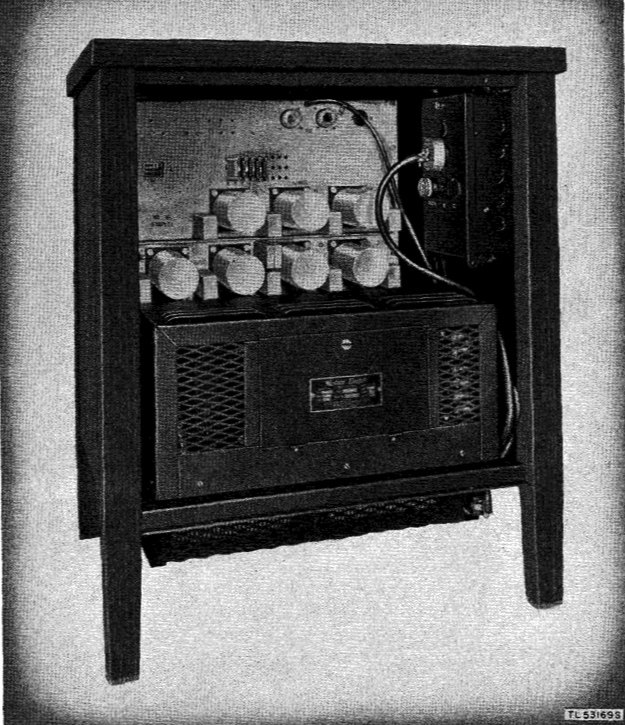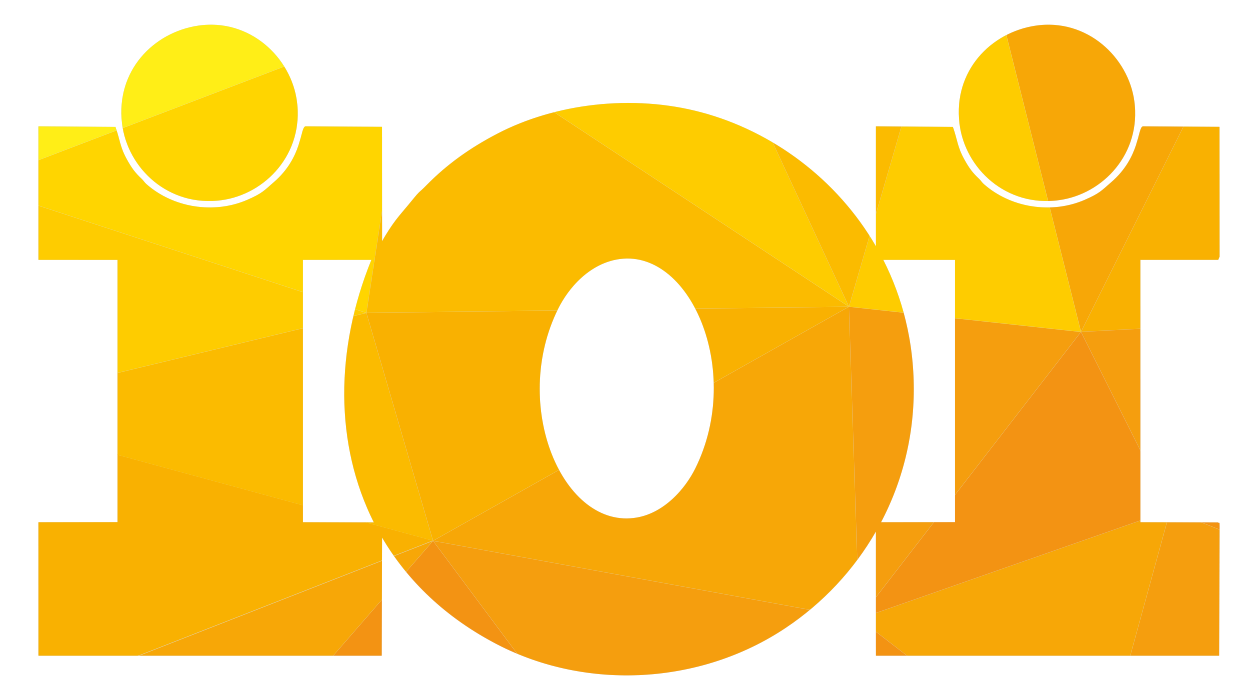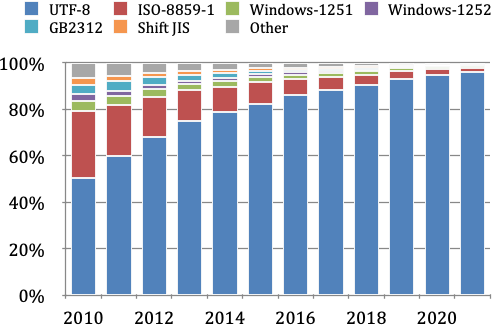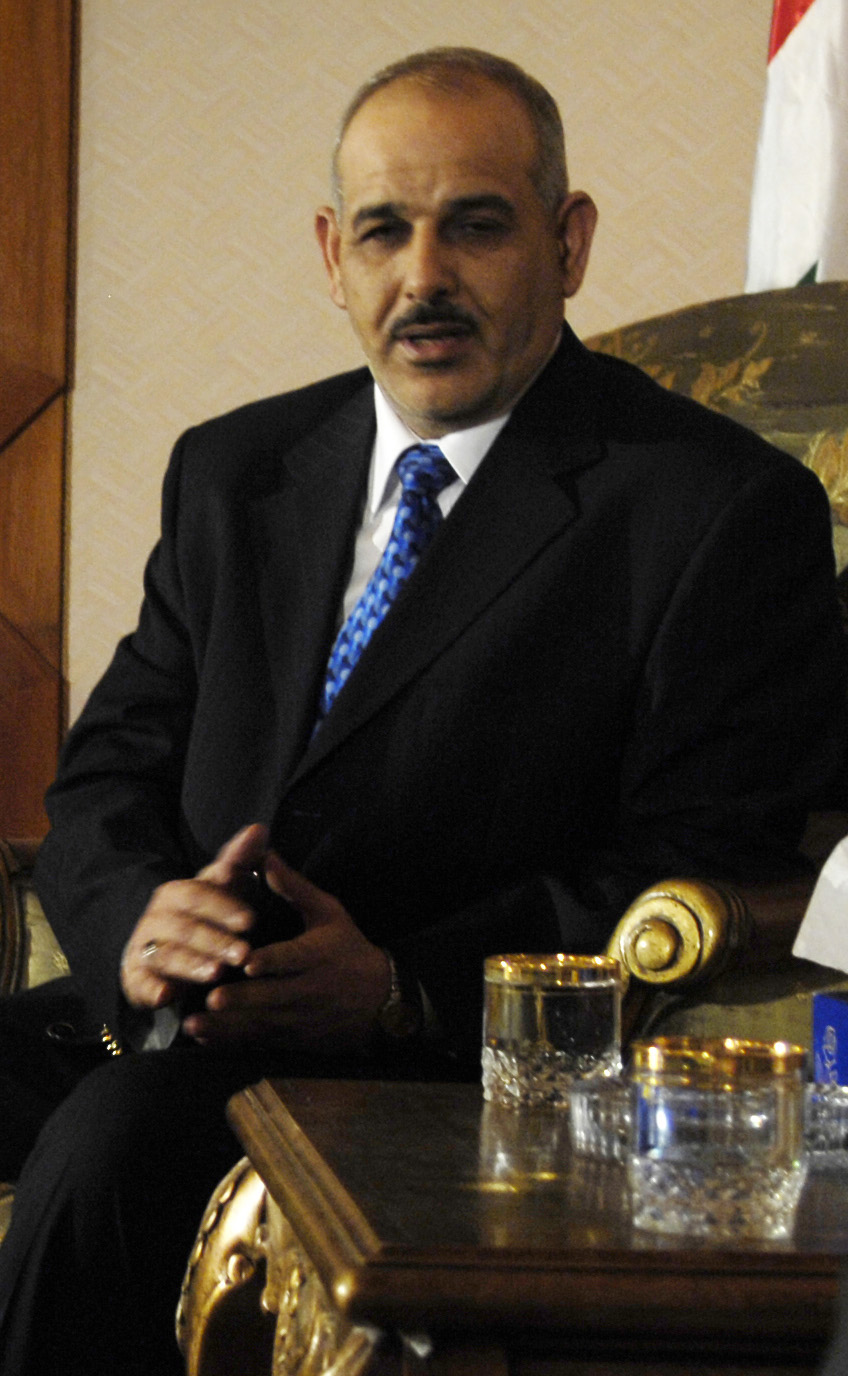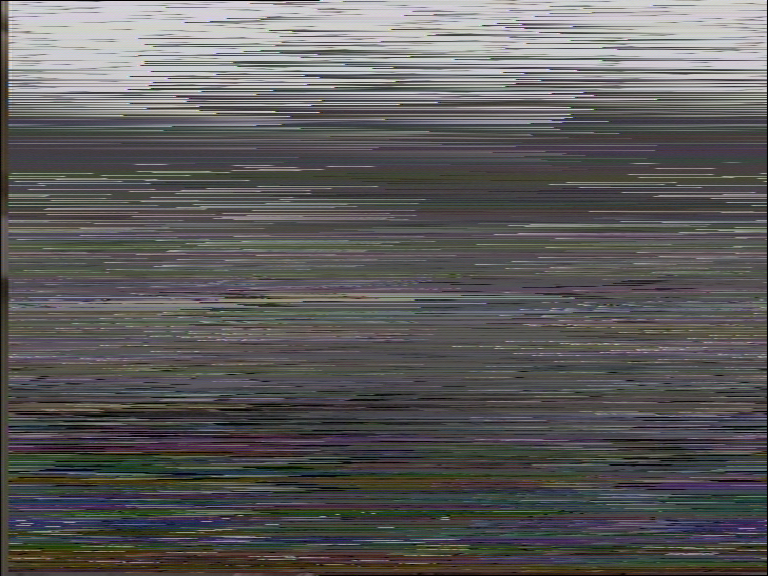|
Markus Kuhn (computer Scientist)
Markus Guenther Kuhn (born 1971) is a German computer scientist, currently working at the Computer Laboratory, University of Cambridge and a fellow of Wolfson College, Cambridge. Education Kuhn was educated at University of Erlangen (Germany), he received his Master of Science degree at Purdue University and PhD at the University of Cambridge. Research Kuhn's main research interests include computer security, in particular the hardware and signal-processing aspects of it, and distributed systems. He is known, among other things, for his work on security microcontrollers, compromising emanations, and distance-bounding protocols. He developed the Stirmark test for digital watermarking schemes, the OTPW one-time password system, and headed the project that extended the X11 misc-fixed fonts to Unicode. In 1994, as an undergraduate student, he became known for developing several ways to circumvent the VideoCrypt encryption system, most notably the ''Season7'' smartcard emulator ... [...More Info...] [...Related Items...] OR: [Wikipedia] [Google] [Baidu] |
Munich
Munich is the capital and most populous city of Bavaria, Germany. As of 30 November 2024, its population was 1,604,384, making it the third-largest city in Germany after Berlin and Hamburg. Munich is the largest city in Germany that is not a state of its own. It ranks as the 11th-largest city in the European Union. The metropolitan area has around 3 million inhabitants, and the broader Munich Metropolitan Region is home to about 6.2 million people. It is the List of EU metropolitan regions by GDP#2021 ranking of top four German metropolitan regions, third largest metropolitan region by GDP in the European Union. Munich is located on the river Isar north of the Alps. It is the seat of the Upper Bavaria, Upper Bavarian administrative region. With 4,500 people per km2, Munich is Germany's most densely populated municipality. It is also the second-largest city in the Bavarian language, Bavarian dialect area after Vienna. The first record of Munich dates to 1158. The city ha ... [...More Info...] [...Related Items...] OR: [Wikipedia] [Google] [Baidu] |
Tempest (codename)
TEMPEST is a codename, not an acronym under the U.S. National Security Agency specification and a NATO certification referring to spying on information systems through leaking emanations, including unintentional radio or electrical signals, sounds, and vibrations. TEMPEST covers both methods to spy upon others and how to shield equipment against such spying. The protection efforts are also known as emission security (EMSEC), which is a subset of communications security (COMSEC). The reception methods fall under the umbrella of radiofrequency MASINT. The NSA methods for spying on computer emissions are classified, but some of the protection standards have been released by either the NSA or the Department of Defense. Protecting equipment from spying is done with distance, shielding, filtering, and masking. The TEMPEST standards mandate elements such as equipment distance from walls, amount of shielding in buildings and equipment, and distance separating wires carrying classified v ... [...More Info...] [...Related Items...] OR: [Wikipedia] [Google] [Baidu] |
German Computer Scientists
German(s) may refer to: * Germany, the country of the Germans and German things **Germania (Roman era) * Germans, citizens of Germany, people of German ancestry, or native speakers of the German language ** For citizenship in Germany, see also German nationality law **Germanic peoples (Roman era) * German diaspora * German language * German cuisine, traditional foods of Germany People * German (given name) * German (surname) * Germán, a Spanish name Places * German (parish), Isle of Man * German, Albania, or Gërmej * German, Bulgaria * German, Iran * German, North Macedonia * German, New York, U.S. * Agios Germanos, Greece Other uses * German (mythology), a South Slavic mythological being * Germans (band), a Canadian rock band * "German" (song), a 2019 song by No Money Enterprise * ''The German'', a 2008 short film * "The Germans", an episode of ''Fawlty Towers'' * ''The German'', a nickname for Congolese rebel André Kisase Ngandu See also * Germanic (disambig ... [...More Info...] [...Related Items...] OR: [Wikipedia] [Google] [Baidu] |
Living People
Purpose: Because living persons may suffer personal harm from inappropriate information, we should watch their articles carefully. By adding an article to this category, it marks them with a notice about sources whenever someone tries to edit them, to remind them of WP:BLP (biographies of living persons) policy that these articles must maintain a neutral point of view, maintain factual accuracy, and be properly sourced. Recent changes to these articles are listed on Special:RecentChangesLinked/Living people. Organization: This category should not be sub-categorized. Entries are generally sorted by family name In many societies, a surname, family name, or last name is the mostly hereditary portion of one's personal name that indicates one's family. It is typically combined with a given name to form the full name of a person, although several give .... Maintenance: Individuals of advanced age (over 90), for whom there has been no new documentation in the last ten ... [...More Info...] [...Related Items...] OR: [Wikipedia] [Google] [Baidu] |
1971 Births
* The year 1971 had three partial solar eclipses (Solar eclipse of February 25, 1971, February 25, Solar eclipse of July 22, 1971, July 22 and Solar eclipse of August 20, 1971, August 20) and two total lunar eclipses (February 1971 lunar eclipse, February 10, and August 1971 lunar eclipse, August 6). The world population increased by 2.1% this year, the highest increase in history. Events January * January 2 – 1971 Ibrox disaster: During a crush, 66 people are killed and over 200 injured in Glasgow, Scotland. * January 5 – The first ever One Day International cricket match is played between Australia and England at the Melbourne Cricket Ground. * January 8 – Tupamaros kidnap Geoffrey Jackson, British ambassador to Uruguay, in Montevideo, keeping him captive until September. * January 9 – Uruguayan president Jorge Pacheco Areco demands emergency powers for 90 days due to kidnappings, and receives them the next day. * January 12 – The landmark United States televis ... [...More Info...] [...Related Items...] OR: [Wikipedia] [Google] [Baidu] |
International Olympiad In Informatics
The International Olympiad in Informatics (IOI) is an annual competitive programming competition and one of the International Science Olympiads Student competition, for secondary school students. The first IOI was held in 1989 in Pravetz, Bulgaria. Each country sends a team of up to four students, plus one team leader, one deputy leader, and guests. Students in each country are selected for their country's team through #Feeder competitions, national computing contests. Students at the IOI compete on an individual basis. There is no official team ranking. The contest consists of two days of solving six complicated algorithmic tasks by writing computer programs in C++. All task materials are published on each year's contest website soon after the competition ends. Competition structure and participation On each of the two competition days, the competitors are typically given three problems which they have to solve in five hours. Each student works on their own to solve the ... [...More Info...] [...Related Items...] OR: [Wikipedia] [Google] [Baidu] |
Linux
Linux ( ) is a family of open source Unix-like operating systems based on the Linux kernel, an kernel (operating system), operating system kernel first released on September 17, 1991, by Linus Torvalds. Linux is typically package manager, packaged as a Linux distribution (distro), which includes the kernel and supporting system software and library (computing), libraries—most of which are provided by third parties—to create a complete operating system, designed as a clone of Unix and released under the copyleft GPL license. List of Linux distributions, Thousands of Linux distributions exist, many based directly or indirectly on other distributions; popular Linux distributions include Debian, Fedora Linux, Linux Mint, Arch Linux, and Ubuntu, while commercial distributions include Red Hat Enterprise Linux, SUSE Linux Enterprise, and ChromeOS. Linux distributions are frequently used in server platforms. Many Linux distributions use the word "Linux" in their name, but the Free ... [...More Info...] [...Related Items...] OR: [Wikipedia] [Google] [Baidu] |
UTF-8
UTF-8 is a character encoding standard used for electronic communication. Defined by the Unicode Standard, the name is derived from ''Unicode Transformation Format 8-bit''. Almost every webpage is transmitted as UTF-8. UTF-8 supports all 1,112,064 valid Unicode code points using a variable-width encoding of one to four one- byte (8-bit) code units. Code points with lower numerical values, which tend to occur more frequently, are encoded using fewer bytes. It was designed for backward compatibility with ASCII: the first 128 characters of Unicode, which correspond one-to-one with ASCII, are encoded using a single byte with the same binary value as ASCII, so that a UTF-8-encoded file using only those characters is identical to an ASCII file. Most software designed for any extended ASCII can read and write UTF-8, and this results in fewer internationalization issues than any alternative text encoding. UTF-8 is dominant for all countries/languages on the internet, with 99% global ... [...More Info...] [...Related Items...] OR: [Wikipedia] [Google] [Baidu] |
ADE 651
The ADE 651 is a fraudulent bomb detector produced by the British company Advanced Tactical Security & Communications Ltd (ATSC). It was claimed to detect many substances, such as drugs or explosives, from long distances. The device was sold to various countries, particularly in Iraq where the government was claimed to have spent £52 million for security operations. The product was invented by Jim McCormick, ATSC's managing director and a former Merseyside policeman. The device features a swiveling antenna attached to a plastic grip and requires charging by a user's static electricity. Users would insert "programmed substance detection cards" to supposedly detect specific substances, which were claimed to absorb the vapors of those substances. However, investigations revealed that the product was incapable of detecting anything, essentially being a dowsing rod. The ADE 651 was used primarily by Iraqi security forces for security checkpoints. Due to the false sense of securi ... [...More Info...] [...Related Items...] OR: [Wikipedia] [Google] [Baidu] |
VideoCrypt
VideoCrypt is a cryptographic, smartcard-based conditional access television encryption system that scrambles analogue pay-TV signals. It was introduced in 1989 by News Datacom and was used initially by Sky TV and subsequently by several other broadcasters on SES' Astra satellites at 19.2° east. Users Versions Three variants of the VideoCrypt system were deployed in Europe: VideoCrypt I for the UK and Irish market and VideoCrypt II for continental Europe. The third variant, VideoCrypt-S was used on a short-lived BBC Select service. The VideoCrypt-S system differed from the typical VideoCrypt implementation as it used line shuffle scrambling. * Sky NZ and Sky Fiji may use different versions of the VideoCrypt standard. * Sky NZ used NICAM stereo for many years until abandoning it when the Sky DTH technology started replacing Sky UHF. Operating principle The system scrambles the picture using a technique known as "line cut-and-rotate". Each line that made up each pic ... [...More Info...] [...Related Items...] OR: [Wikipedia] [Google] [Baidu] |
Unicode
Unicode or ''The Unicode Standard'' or TUS is a character encoding standard maintained by the Unicode Consortium designed to support the use of text in all of the world's writing systems that can be digitized. Version 16.0 defines 154,998 Character (computing), characters and 168 script (Unicode), scripts used in various ordinary, literary, academic, and technical contexts. Unicode has largely supplanted the previous environment of a myriad of incompatible character sets used within different locales and on different computer architectures. The entire repertoire of these sets, plus many additional characters, were merged into the single Unicode set. Unicode is used to encode the vast majority of text on the Internet, including most web pages, and relevant Unicode support has become a common consideration in contemporary software development. Unicode is ultimately capable of encoding more than 1.1 million characters. The Unicode character repertoire is synchronized with Univers ... [...More Info...] [...Related Items...] OR: [Wikipedia] [Google] [Baidu] |
Misc-fixed
''misc-fixed'' is a collection of monospace bitmap fonts that is distributed with the X Window System. It is a set of independent bitmap fonts which—apart from all being sans-serif fonts—cannot be described as belonging to a single font family. The misc-fixed fonts were the first fonts available for the X Window System. Their individual origin is not attributed, but it is likely that many of them were created in the early or mid 1980s as part of MIT's Project Athena, or at its industrial partner, DEC. The misc-fixed fonts are in the public domain. The individual fonts in the collection have a short name that matches their respective pixel dimensions, plus a letter that indicates a bold or oblique variant. They can also be accessed using their (much longer) X Logical Font Description string: The "6x13" font is usually also available under the alias "fixed", a font name that is expected to be available on every X server. The fonts originally covered only the ASCII repertoi ... [...More Info...] [...Related Items...] OR: [Wikipedia] [Google] [Baidu] |

